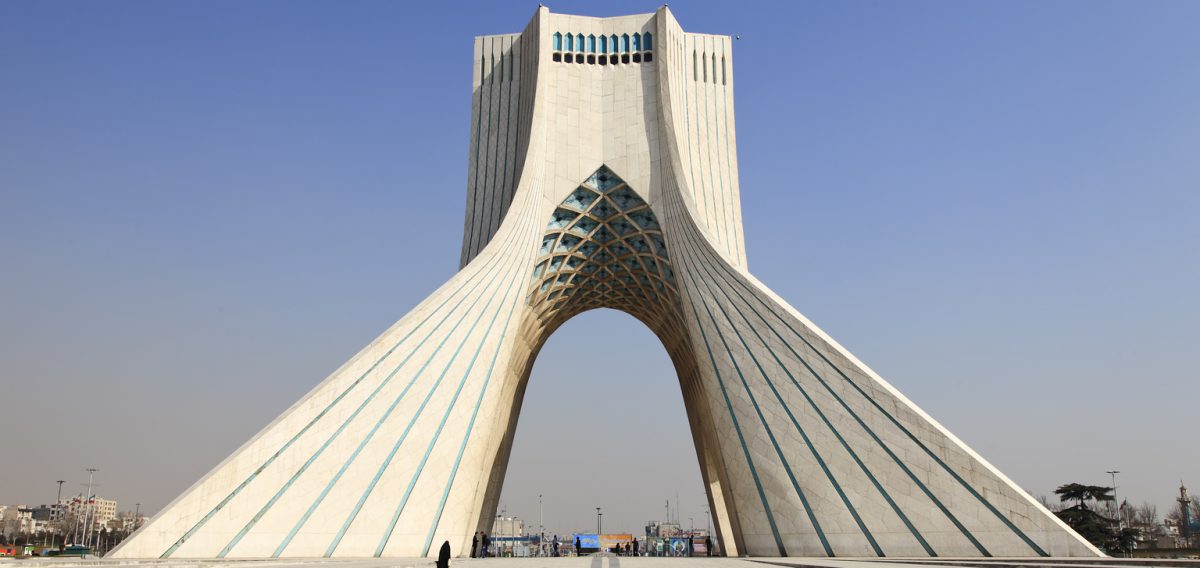I admit that I was skeptical when I first picked up Dennis Ross’s book on the history of Israeli-U.S. relations, Doomed to Succeed. I did not think, given the nature of the United States’ relationship with Israel during his tenure as a senior diplomat, that he would be capable of writing a dispassionate historical accounting of its trials and tribulations. I was pleasantly surprised when the end result proved my initial suspicions wrong.
Which is why its so baffling to come across his latest offering in the Telegraph today. Ross, a former advisor to Presidents George H W Bush and Bill Clinton, adds to the chorus of voices yelling foreign policy advice in the new President-elect’s general direction, but his, unlike so many other Middle East experts, does so in favor of regressive and illogical policies.
Ross’s argument is summed up explicitly in the op-ed’s title: “Donald Trump must keep Sunni allies onside and shun Iran to show he is serious about Isil.” The first half of that is not particularly controversial. Yes, it is important to engage Sunni partners in order to defeat an extremist offshoot of that sect. It’s the “shun Iran” part that makes no sense here: is Ross suggesting that the U.S. fight sectarianism with…more sectarianism?
This is essentially an argument for a return to the Middle East policies of George W. Bush, whose record in the region is hardly enviable. Bush’s policy of isolating the Iranians not only proved ineffective at halting the Iranian nuclear program and quelling violence in Iraq, it also squandered efforts at diplomatic engagement initiated by Iran’s reformist President Mohammad Khatami. Bush’s decision to “shun” Iran doomed Khatami’s presidency, and prompted a hard right shift in Iranian politics that led to the election of hardliner Mahmoud Ahmadinejad in 2005.
Ross also throws around the oft-repeated hyperbole about Iran’s desire to “dominate the region,” without ever really explaining what that means. Like so many others, he fails to even acknowledge that the Iranian regime might have its own legitimate security interests with regard to those same Sunni allies. By omission, Ross appears to absolve the Sunnis — code, I suspect, for the wealthy Gulf states — of any responsibility for the region’s current woes.
Ultimately, there’s no real endgame here other than a panacea-like elimination of the Islamic State and the perpetual isolation of Iran. We’ve been down this path before. It’s time to try a new one.
UPDATE 12/1: Ross really is everywhere right now. In addition to the Telegraph piece discussed above, he also has an op-ed in the Washington Post giving Trump advice on solving the Israeli-Palestinian conflict. I won’t go into detail on it other than to say this one also makes brief mention of Iran in a not-so-positive light. Ross’s last bullet point advises that the new president realize that the prospect for Holy Land peace “may be influenced by how credible the United States seems to be in countering threats from Iran.”
